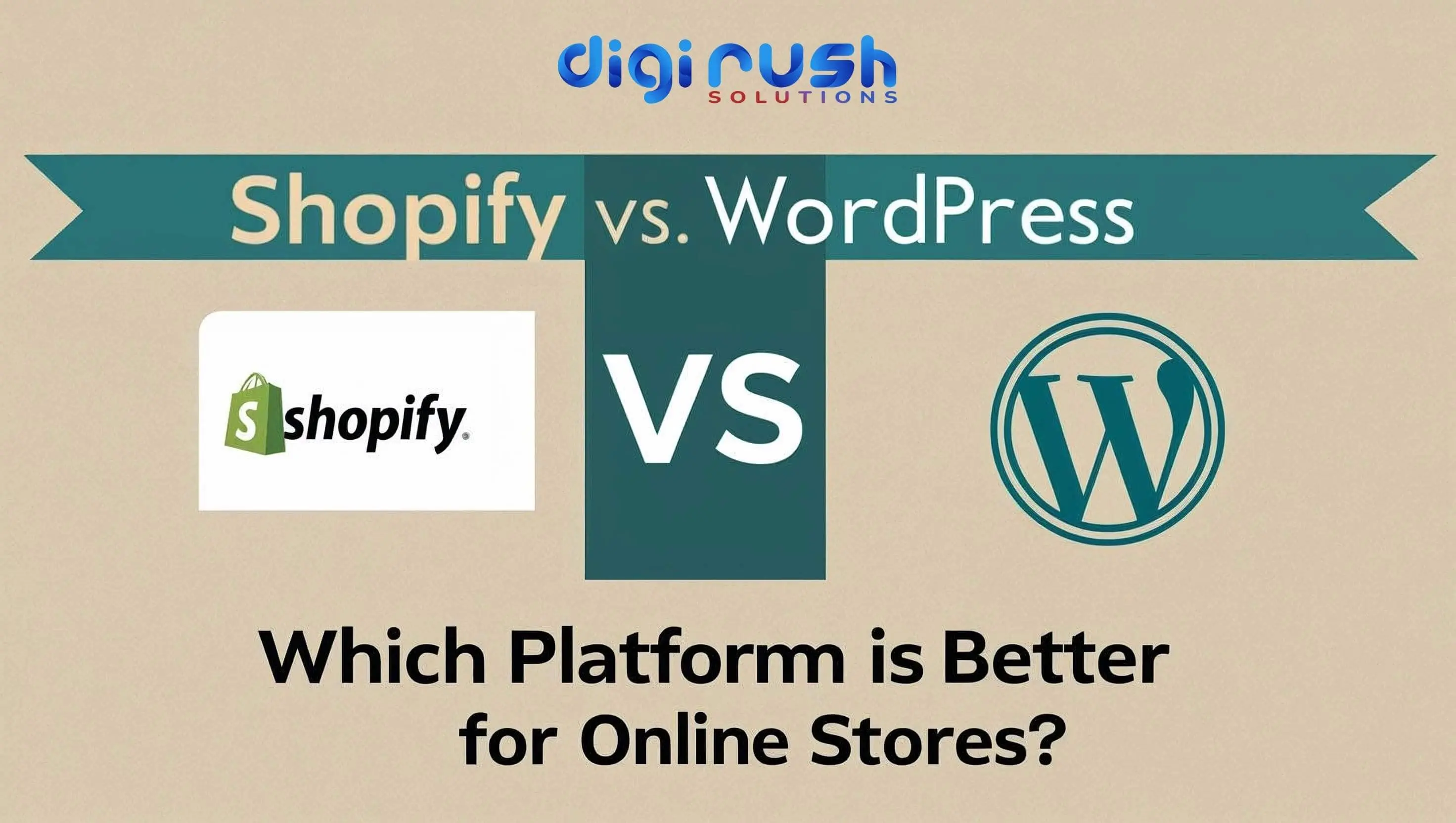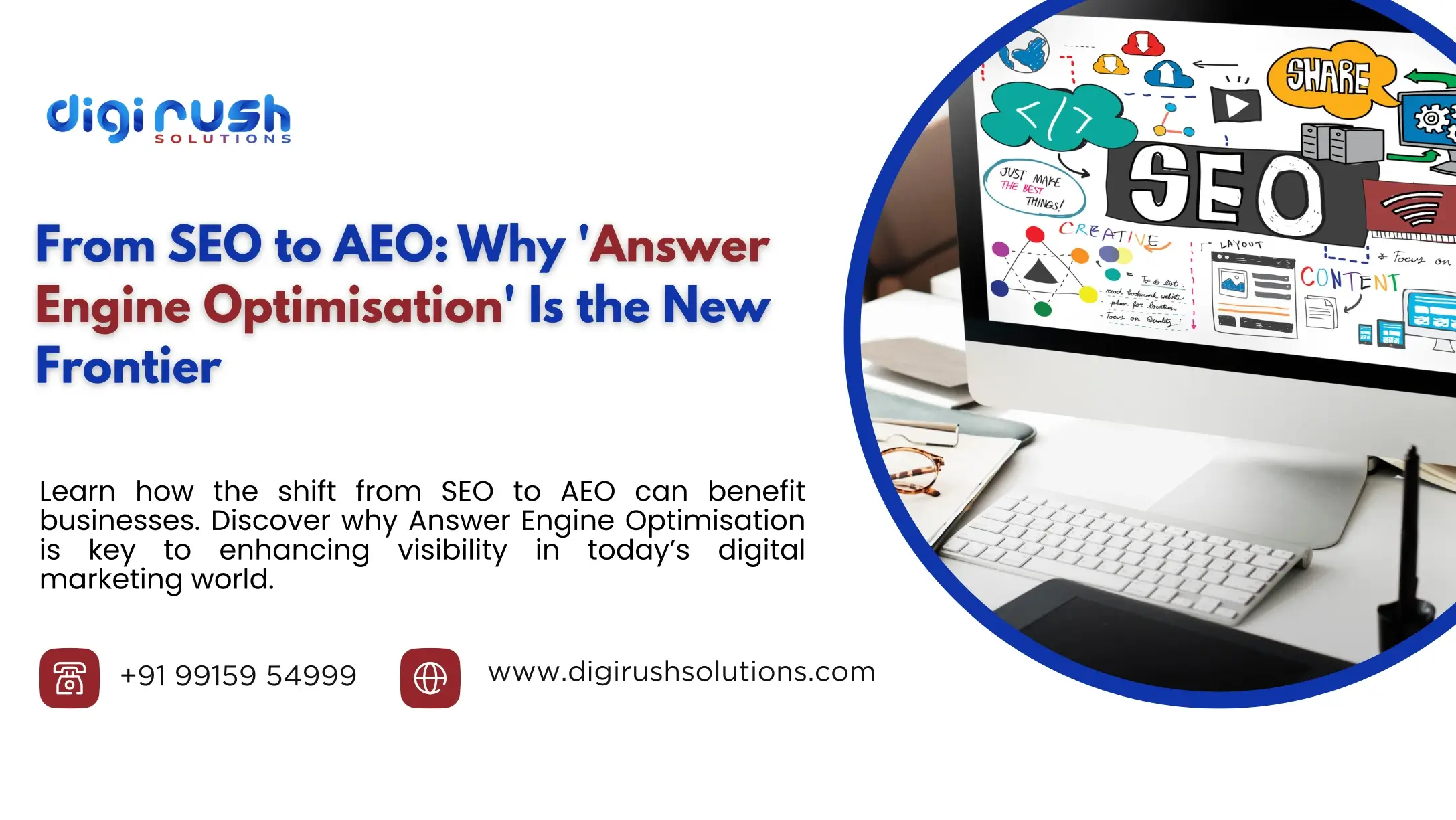
Selecting the proper platform for your web shop can make all the difference. Whether you're opening up your first eCommerce business or want to expand your current company, deciding between Shopify and WordPress is a choice that should not be taken lightly. Both solutions are popular and feature-rich, but they are suited to different types of customers, technical proficiency levels, and business objectives. In this comprehensive blog, we'll discuss the most critical differences between Shopify and WordPress so you can decide which one best suits your requirements.
Understanding the Basics: Shopify and WordPress Explained
First, it's essential to know what Shopify and WordPress are. Shopify is a completely hosted, standalone eCommerce platform where customers can create, operate, and grow online stores without worrying about the technical back end. It offers hosting, security, payment processing, and inventory management all within one subscription-based service.
WordPress, however, is an open-source content management system (CMS) that hosts millions of websites worldwide. Although WordPress is not an eCommerce platform, it can be converted into one with the help of the WooCommerce plugin. This configuration provides users complete control over customization but demands more hands-on handling of hosting, security, and integrations.
Ease of Use: Shopify's Simplicity vs WordPress's Learning Curve
One of the most apparent differences between Shopify and WordPress is ease of use. Shopify is geared towards non-technical users. Its drag-and-drop interface, pre-designed themes, and step-by-step onboarding process make it extremely user-friendly. You can have a basic store up and running within hours, even if you've never created a website before.
WordPress, although more capable regarding flexibility, has a steeper learning curve. Installing WordPress with WooCommerce involves organizing hosting, installing plugins, setting up themes, and handling regular updates. Although not complicated for users of web tools, it may be daunting to new users. Suppose you're using the services of an SEO Company in Jaipur. They may suggest WordPress because of its flexibility and search engine optimization potential if you have the proper technical support.
Customization and Flexibility: WordPress Takes the Lead
Customization is the area where WordPress decidedly trumps Shopify. WordPress provides total access to your website's code, so you can create custom layouts, add third-party services, and even alter the underlying functionality. With an incredible number of plugins and themes out there, the options are almost limitless.
Although Shopify provides a decent level of customization via its theme editor and apps, it is restricted in comparison to WordPress. Advanced modifications require liquid knowledge and Shopify's coding language. In addition, you're stuck within Shopify's ecosystem, which can limit certain functionalities or design aspects. Companies dealing with an SEO company in Pune, particularly those who want to scale aggressively, might prefer WordPress because of its unparalleled capability to accommodate sophisticated SEO strategies and advanced custom development.
eCommerce Capabilities: Shopify's All-in-One Advantage
In Shopify vs. WordPress, Shopify excels as a reason-made eCommerce solution. It includes inventory management, discount codes, shipping options, multiple payment gateways, and abandoned cart recovery. Selling on platforms like Facebook, Instagram, and Amazon is simple, and you can do it straight from your Shopify dashboard.
WordPress, through WooCommerce, can equal many of Shopify's capabilities, but it involves installing numerous plugins and extensions. For instance, you might need individual plugins for shipping, analytics, and marketing automation. This can complicate the setup process and increase the likelihood of plugin conflicts or security risks. If you plan to create precise content and product strategy, incorporating Keyword Mapping into your WooCommerce setup can help align your product pages with search intent more effectively.
Design and Themes: Flexibility vs Simplicity
Both sites have a broad selection of design possibilities, but the experience differs significantly. Shopify has a pre-vetted, professional, responsive set of themes. Using its editor, they're simple to work with, but more extensive changes will need coding abilities. Although the themes are clean and performance-optimized, most high-quality ones are not cheap.
WordPress provides much more design freedom. With Elementor, WPBakery, and Gutenberg, you can craft one-of-a-kind layouts without any code writing. Moreover, WordPress's extensive theme repository—free and paid—offers you more choices. WordPress is probably the way to go if your company requires a very customized storefront.
SEO and Marketing: WordPress is the SEO King
Visibility on search engines is essential for any online store's success. WordPress obviously dominates the scene here. With plugins such as Yoast SEO and Rank Math, WordPress provides unparalleled control over on-page and technical SEO. Without a developer, you can control meta titles, descriptions, permalinks, schema, and even image SEO.
Shopify does include good SEO features like editable metadata, sitemaps submitted automatically, and mobile responsiveness. It has some limitations in the form of an unchangeable URL structure and less page-level SEO control. WordPress is a better option if your business is content-oriented and looks to grow organically. Strategies such as Broken Link Building, which consists of searching for and swapping out broken links on related sites, may be substantially more straightforward to implement and track within a WordPress environment because it is open architecture and has an extensible plugin base.
Security and Maintenance: Shopify Offers Peace of Mind
Security is an important consideration when deciding between Shopify and WordPress. Shopify, being a hosted option, is fully responsible for ensuring site security. It comes with SSL certificates, PCI compliance, fraud protection, and automatic updating. This headache-free method suits those who prefer not to concern themselves with technical issues.
WordPress, on the other hand, leaves it up to the user. You are responsible for your hosting, installing security plugins such as Wordfence or Sucuri, and keeping your themes and plugins up to date. Though this gives you more control, avoiding vulnerabilities also requires more effort.
Pricing Comparison: Predictable vs Flexible Costs
Your needs determine your pricing. Shopify's is simple: the Basic plan is $39 a month, but more expensive plans have more options. You'll also pay for apps, themes, and payment fees (except Shopify Payments).
WordPress is technically free, but expenses can accumulate. You'll need to pay for web hosting, a domain name, an SSL certificate, premium plugins, themes, and possibly developer help. While WordPress can be more cost-effective for developers or experienced users, beginners may find the unpredictability of costs a drawback.
Scalability and Performance: Shopify for Rapid Growth
As your store grows, you'll need a platform to handle increasing traffic and sales volume. Shopify is built for scalability. Whether you're a solo seller or a large enterprise, Shopify adapts seamlessly, even offering an enterprise-grade solution called Shopify Plus.
WordPress can also scale, but it requires careful planning. You'll choose a high-quality hosting provider, optimize your database, use caching tools, and possibly implement a Content Delivery Network (CDN). While powerful, it's not as "plug-and-play" as Shopify for scaling rapidly.
Final Verdict: Which Platform Should You Choose?
Which is the best choice for your store, Shopify or WordPress? The answer depends on your business aspirations, technical capabilities, and vision. Shopify is the better option if you're after simplicity, speed, and ease of use. It's perfect for novices or businesses wanting to concentrate on selling without wasting time on technology.
Conversely, if you want complete control, require a heavily customized shop, or are creating a content-heavy site with a blog, then WordPress is the wiser choice. With proper setup, it can be extremely powerful, scalable, and SEO-friendly.
Final Thoughts
Ultimately, Shopify and WordPress are viable platforms that can drive successful online stores. The trick is matching your platform selection to your business strategy. At DigiRush Solutions, we have experience assisting businesses in determining the proper digital tools for expansion. Whether you choose Shopify or WordPress, our staff is there to help you through the process—from planning and creation to expansion and marketing.
If you are still in doubt about your decision or require expert assistance in creating a high-performing online store, contact us at Digi Rush Solutions. Let's do something amazing together.
Recent Blog











